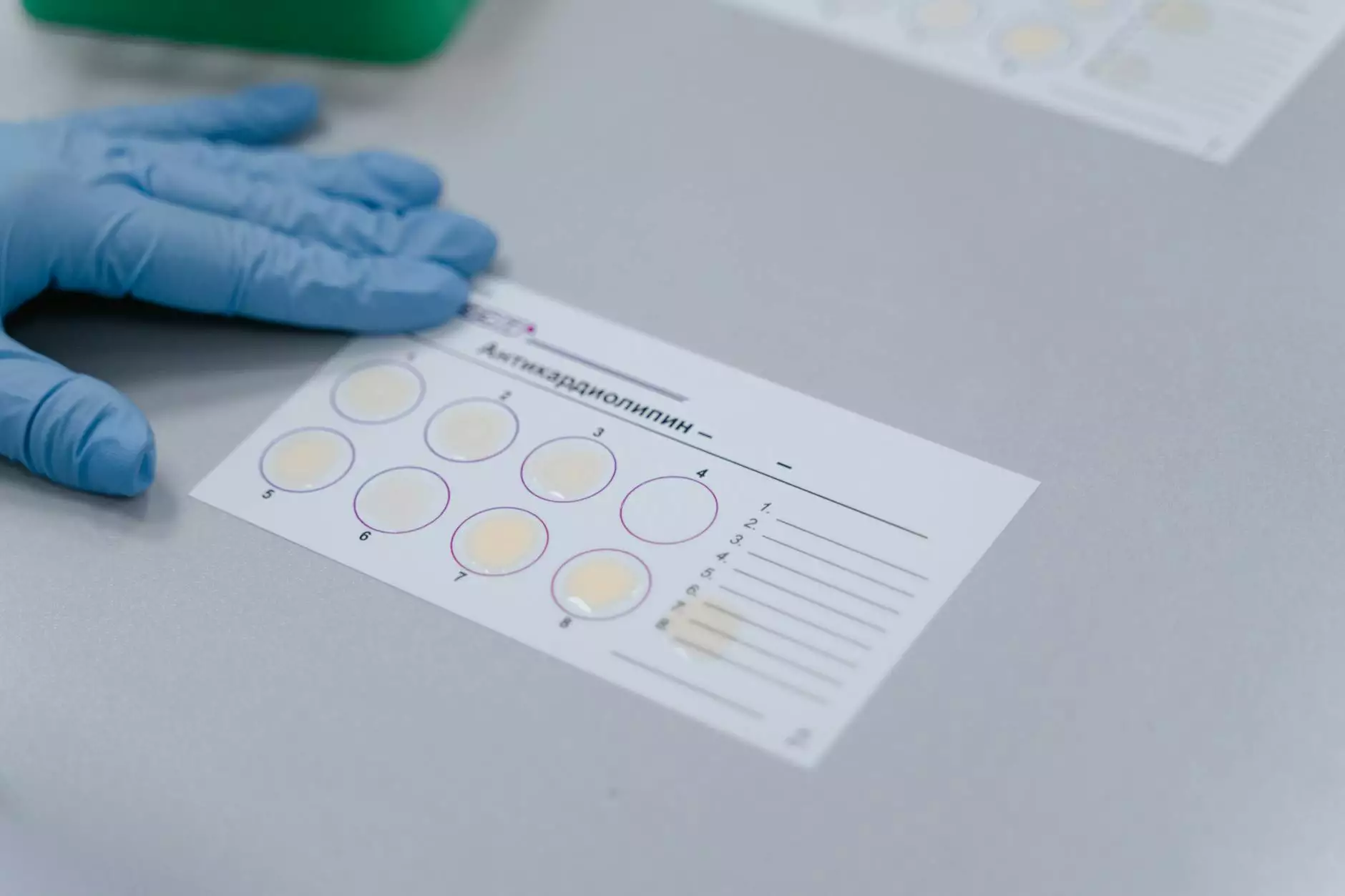Restless Legs Syndrome: Symptoms and Causes

Introduction
Welcome to Truffles Vein Specialists, where our highly qualified doctors specialize in vascular medicine. In this article, we will explore the symptoms and causes of restless legs syndrome, a condition that affects many individuals. Understanding the characteristics and factors that contribute to this condition is vital in finding effective treatments. Let's dive into the details!
What is Restless Legs Syndrome?
Restless legs syndrome (RLS), also known as Willis-Ekbom disease, is a neurological disorder that causes uncomfortable sensations and an irresistible urge to move the legs. It most commonly occurs during periods of rest or inactivity, leading to sleep disturbances and decreased quality of life.
The Symptoms of RLS
Individuals with restless legs syndrome experience various symptoms, including:
- Unpleasant sensations: Patients report uncomfortable feelings deep within their legs, often described as creeping, crawling, itching, or tingling.
- Irresistible urge to move legs: The discomfort leads to an overwhelming need to move the legs, which temporarily relieves the symptoms.
- Worsening at rest: RLS symptoms typically worsen during periods of rest, especially when lying down or sitting for extended periods.
- Nocturnal disturbances: Sleep disturbances are common among individuals with RLS due to the discomfort and the need to move their legs, resulting in frequent awakenings throughout the night.
Possible Causes of RLS
The exact cause of restless legs syndrome remains unknown, but researchers have identified several factors that may contribute to the development of this condition:
Genetic Predisposition
Studies have shown that restless legs syndrome tends to run in families, suggesting a genetic component. Certain genetic variations have been linked to an increased risk of developing RLS, highlighting the role of hereditary factors in its development.
Iron Deficiency
Iron plays a crucial role in the normal functioning of the brain and nervous system. Insufficient iron levels may disrupt the dopamine pathways in the brain, leading to the development of restless legs syndrome. Addressing iron deficiency through proper nutrition or supplements may alleviate RLS symptoms.
Chronic Diseases
Certain chronic conditions such as kidney failure, diabetes, and peripheral neuropathy have been associated with an increased likelihood of developing restless legs syndrome. Managing these underlying health issues can contribute to the reduction of RLS symptoms.
Medications and Substances
Some medications, such as antihistamines and certain antidepressants, may trigger or worsen restless legs syndrome symptoms. Additionally, substances such as caffeine and alcohol can disrupt sleep patterns and exacerbate RLS symptoms. Consulting with a healthcare professional about medication adjustments is advisable for individuals dealing with RLS.
Diagnosis and Treatment
If you suspect you may have restless legs syndrome, seeking medical advice from our experts at Truffles Vein Specialists is essential. Our experienced doctors specializing in vascular medicine will conduct a thorough examination and consider various factors, such as your medical history and symptoms, to make an accurate diagnosis.
Treatment for restless legs syndrome focuses on managing the symptoms and improving the quality of sleep. Our tailored treatment options may include:
Lifestyle Modifications
Implementing lifestyle changes such as regular exercise, adopting good sleep hygiene practices, and avoiding substances that aggravate symptoms can help alleviate the discomfort associated with RLS.
Medications
In some cases, medications may be prescribed to relieve the symptoms of restless legs syndrome. These medications aim to regulate dopamine levels in the brain, providing relief from the uncomfortable sensations and reducing the urge to move the legs.
Minimally Invasive Procedures
For individuals with severe RLS symptoms, our specialists may recommend minimally invasive procedures to address any underlying vascular conditions or contributing factors. These procedures promote better blood flow and alleviate discomfort in the legs.
Conclusion
Restless legs syndrome can significantly impact an individual's quality of life, but with the expertise of our doctors at Truffles Vein Specialists, effective management is within reach. By understanding the symptoms and causes of RLS, we can tailor treatments to alleviate discomfort, improve sleep, and enhance overall well-being. If you or a loved one is dealing with restless legs syndrome, don't hesitate to reach out to our dedicated team for comprehensive care.
restless legs syndrome symptoms causes







